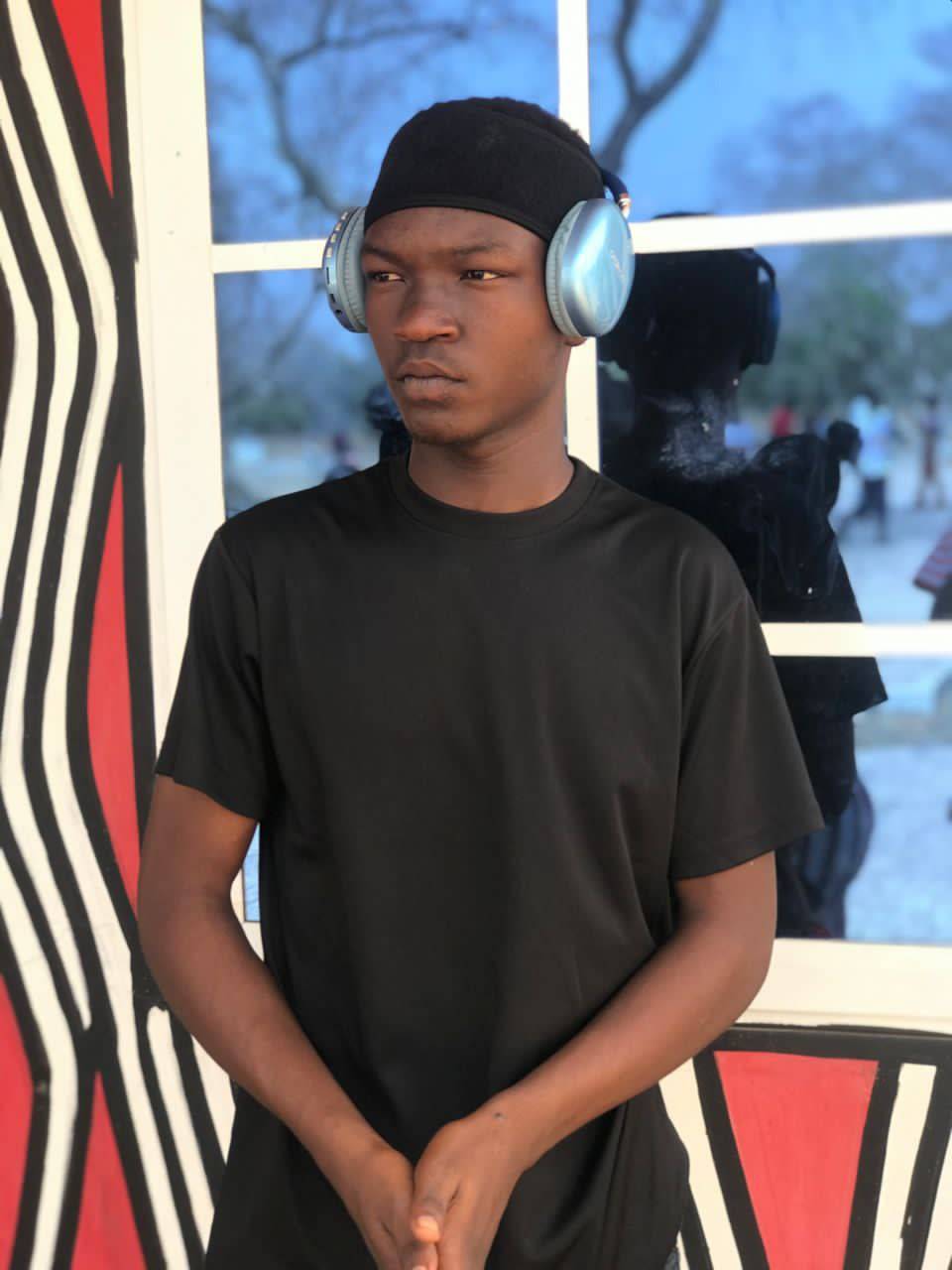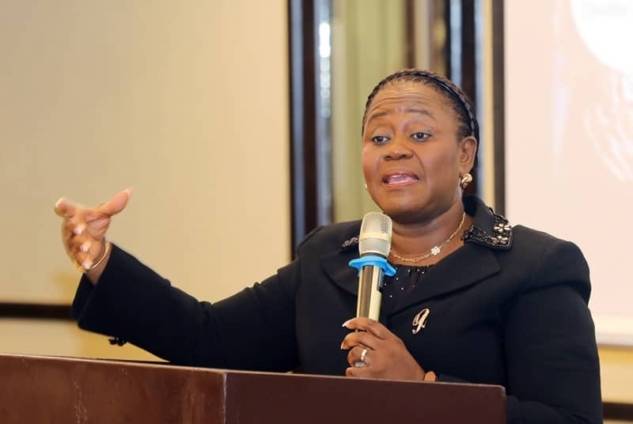Chief Justice Gertrude Torkornoo Seeks Copies of Petitions for Her Removal
Chief Justice Gertrude Sackey Torkornoo has officially requested copies of the three petitions submitted to President John Mahama that call for her removal from office. In a letter addressed to the President on Thursday, March 27, she emphasized the necessity of reviewing the petitions before responding. She stated that obtaining the documents would enable her to provide a comprehensive response, which could then be included in the deliberations under Article 146(6) of the 1992 Constitution. This provision outlines the process for investigating allegations against a sitting Chief Justice before considering removal. Justice Torkornoo also requested at least seven days to respond after receiving the petitions, ensuring that her perspective is considered before any committee of inquiry is established under Article 146(7). Her request follows public comments made by former Deputy Attorney General Alfred Tuah-Yeboah, who stressed that procedural fairness requires notifying the Chief Justice and granting her an opportunity to present her defense before any determination is made regarding her removal.
Justice Torkornoo’s request for transparency comes at a time when legal and political debates are intensifying over the legitimacy of the petitions. Former Attorney General Godfred Yeboah Dame has filed a lawsuit on behalf of Old Tafo Member of Parliament Vincent Ekow Assafuah, challenging the legal basis of President Mahama’s involvement in the removal process. The lawsuit questions whether due process is being followed and whether the President has the authority to proceed with the petitions without prior consultation with the Chief Justice. Meanwhile, the Council of State is expected to assess the petitions and provide guidance on the matter. As the controversy unfolds, legal experts and political analysts are closely watching how the situation will be handled, considering its potential implications for Ghana’s judiciary and constitutional order. Supporters of the Chief Justice argue that the petitions should be thoroughly scrutinized, while critics maintain that the removal process must proceed if credible allegations exist.
The petitions against Justice Torkornoo have sparked discussions about judicial independence, constitutional processes, and political influence in Ghana’s governance. The case has drawn significant public attention, with legal professionals and civil society organizations weighing in on the matter. Some argue that the judiciary should be shielded from political pressures, while others emphasize the importance of accountability within the legal system. As the Council of State prepares to review the petitions, stakeholders anticipate further legal proceedings that could shape the Chief Justice’s future. Additionally, this case raises broader questions about how Ghana’s judiciary can maintain both its independence and credibility amid political challenges. Whether the Chief Justice remains in office or faces removal, the unfolding events will likely set a precedent for how similar cases are handled in the future. The outcome will also test the strength of Ghana’s democratic institutions and the constitutional safeguards designed to protect the judiciary from undue political interference.


